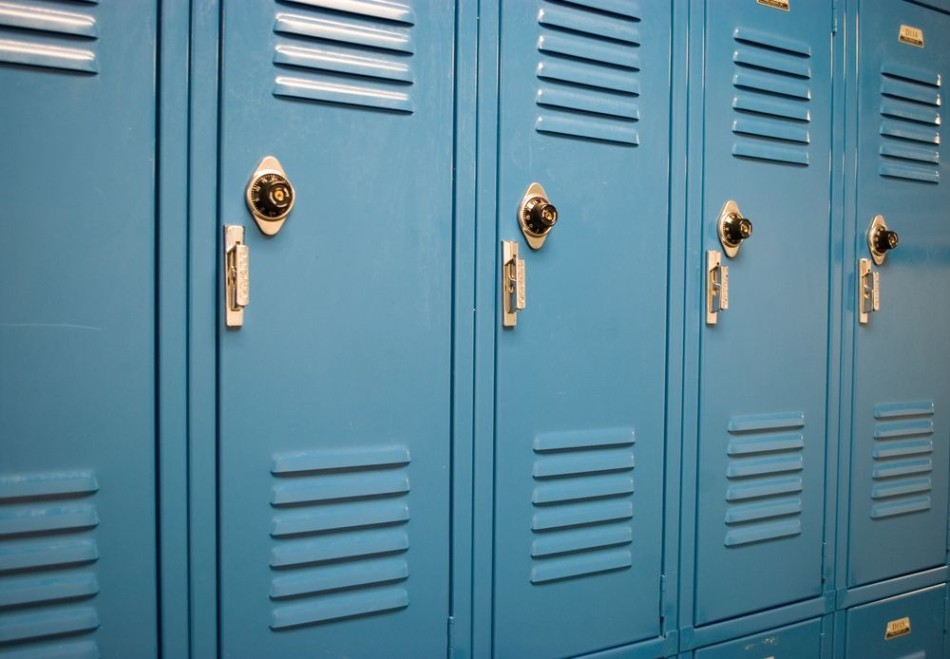When addressing work, whether homework, cleaning rooms, or even waiting until the last minute to do a research paper, everyone has been a victim of the beckoning of procrastination, but why procrastinate? Does procrastination have benefits?
A chemistry teacher at the school of Rock Island, Mrs. Vroman focuses on a big issue common in all school settings: homework procrastination. “Many students forget to do their homework since I don’t give it very often, so they turn it in late,” Mrs Vromen stressed.
Procrastination has become a stronger issue now more than before due to the use of technology. The persuasive use of phones has brought procrastination to an extreme, distracting students from what’s important. “Phones are a big distraction for students, and probably prevent them from finishing homework,” says Mrs Vroman.
Certain assignments may cause students to postpone their completion. Mrs Vromen has taken note of this, claiming, “They write their papers or do their projects the night before the assignment is due, even though they had three weeks to complete it.” When students have long deadlines, it leads to procrastination, as they feel they have enough or ample time. However, this procrastination results in more stress later on. By doing this, students find themselves scrambling to complete their assignment last minute.
To counter procrastination, teachers like Mrs. Vroman use tactics to remind students to do their work. “I use Remind and Google Classroom to make sure students remember to do their homework,” said Mrs. Vroman. By using check-ins, Mrs. Vroman puts accountability on her students to guide them.
Switching to a new view, Aille Dowing, a student at Rock Island High School states, “I usually try to do my homework in my free time at school so I don’t have as much to do at home.” Allie claimed, using her time wisely to get the job done for the freedom of no homework at home. However, the labor of homework assignments can be taxing and unmotivating, Allie’s routine to keep motivated is simple, but effective. “I sit down with a snack, and preferably a caffeinated drink to help me get through my homework,” Downing stated.
Many factors affect the decision to delay homework or start from the get-go, as Allie explains, “Starting homework early is usually harder because I’ve just come home from school and sometimes practice, so I need time to rejuvenate.” The need for mental recovery after a day of school and extracurricular activities becomes a main focal point in Allies’ time management.
When it comes to the age-old debate of procrastination versus finishing in advance, Allie leans towards procrastination. “I tend to procrastinate more than finish well in advance,” is a common issue among students.
In summary, whether it’s putting off homework or doing it right away, most students deal with the choice. Phones and long deadlines make it easy to delay work, leading to stress later on. Teachers like Mrs. Vromen use tools like Remind and Google Classroom to remind students to do their homework. So, the age-old debate continues: wait or get it done early? A lot of students, including Aille, lean towards waiting. Balancing school, activities, and the temptation to procrastinate is a common challenge, but finding the right approach is important.




